Search Fellows
Click on a Fellow below to view more information or create your own search.
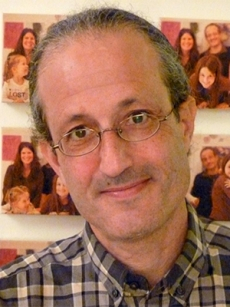
Ran R. Hassin
The Hebrew University of Jerusalem
Visiting Scholar
2010 to 2011
Hassin is part of a working group (with Alexander Todorov), which will use recent findings in cognitive neuroscience to better understand the significant role unconscious processes play in human decision-making. Individually, Hassin will focus on how unconscious states of mind associated with specific ideologies or beliefs trigger certain social behaviors.
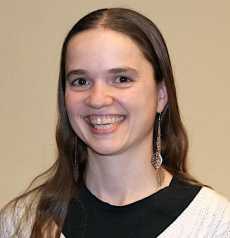
Larisa Heiphetz
Columbia University
Visiting Scholar
2019 to 2020
Heiphetz will study how adults and children, including the children of incarcerated parents, conceive of incarceration and incarcerated people. Using experimental and interview data, she will investigate the extent to which adults and children view incarceration as the result of an individual’s innate character, their choices and behaviors, or societal factors such as socioeconomic inequality. She will then study the consequences of these perceptions on people’s attitudes toward those who have been incarcerated and test interventions designed to reduce stigma against them.

Arnold K. Ho
University of Michigan
Visiting Scholar
2018 to 2019
Ho will examine how the growth of the multiracial population over the last two decades has shaped the racial hierarchy in the U.S. He will investigate how social attitudes, such as (anti-)egalitarianism and racial prejudice, influence how different racial groups perceive multiracial individuals of white-black and white-Asian descent. He will also investigate why monoracial people are more likely to apply the “one drop rule” to multiracial people in certain circumstances.
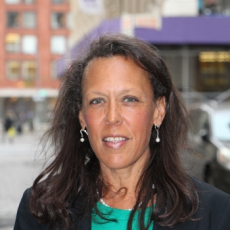
Diane Hughes
New York University
Visiting Scholar
1996 to 1997
Diane Hughes, assistant professor of psychology at New York University, analyzed data from the MacArthur Study of Mid-Life Diversity, a study of 1,500 adults from four minority groups living in New York City and Chicago. One focus of the study is the extent to which ethnic minorities experience prejudice and discrimination in the workplace and community. She completed several papers examining the effects of this exposure on parents' psychological and physical health and on the nature of their communications with children about race and intergroup relations.
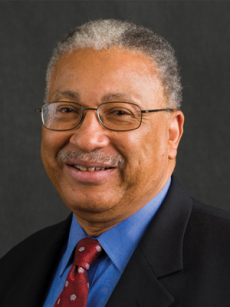
James S. Jackson
University of Michigan
Visiting Scholar
2016 to 2017
Jackson will research population disparities in physical and mental health, examining how the interactions among environmental factors (such as neighborhood conditions), chronic stressors (such as poverty and crime), and physiological and hormonal responses, contribute to poor health outcomes for African Americans.
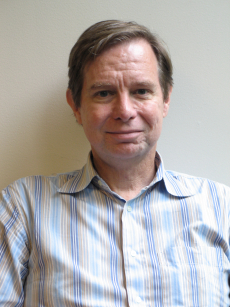
Eric Johnson
Columbia University
Visiting Scholar
2007 to 2008
Eric Johnson (Fall 2007), Norman Eig Professor of Business at Columbia University, and Elke Weber, Jerome A. Chazen Professor of International Business at Columbia University, will spend the fall semester working together on a chapter on “Judgment and Decision Making” for the Annual Review of Psychology, focused on cognitive processes in judgment and choice.
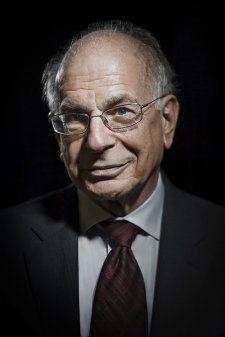
Daniel Kahneman
RSF Nobelists
Daniel Kahneman is a member of the foundation's Behavioral Economics Roundtable, the co-editor of the RSF book Well-Being (2003), and the recipient of multiple RSF grants.

Shinobu Kitayama
University of Michigan
Visiting Scholar
2019 to 2020
Kitayama will draw on three decades of empirical research in cultural psychology and neuroscience to write a book that argues that the human mind is shaped and transformed by social and cultural contexts, rather than biology. He will explore how different socio-cultural environments influence the relationship between peoples’ subjective, psychological health and their objective, biological health. He will also study how culture, social class, and other factors affect individuals’ cognition, motivation, emotions, and perceptions of the self.
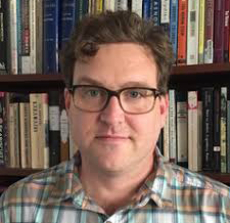
Eric Knowles
New York University
Visiting Scholar
2019 to 2020
Knowles and Monica McDermott (in collaboration with Jennifer Richeson) will study the attitudes and beliefs of white working-class individuals toward racial minorities and the changing demographics of the U.S. Through laboratory and survey experiments and interviews, they will analyze the conditions that generate both positive and negative perceptions of racial minorities by low-income whites.
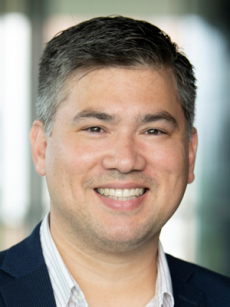
Michael W. Kraus
Yale University
Visiting Scholar
2023 to 2024
Kraus will examine how Asians in the U.S. have been impacted by increases in anti-Asian racism during the COVID-19 pandemic. He will draw on original survey data, data from the Pew Research Center American Trends Panel, Center of Disease Control and Prevention data, and an experiment to explore how these experiences have affected work and communal spaces for Asian populations and their engagement in anti-racism efforts.
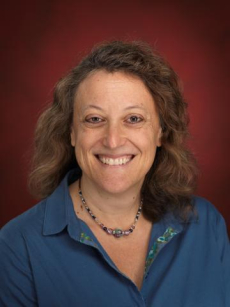
Shana Levin
Claremont McKenna College
Visiting Scholar
2001 to 2002
Jim Sidanius, professor of psychology and political science at the University of California, Los Angeles, Shana Levin, assistant professor of psychology at Claremont McKenna College, and Colette van Laar, professor of psychology and education at Leiden University, the Netherlands, will study the impact of the multicultural undergraduate experience on ethnic tolerance and on tensions between different racial and ethnic groups.
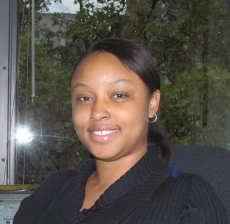
Bonita London-Thompson
State University of New York, Stony Brook
Visiting Scholar
2010 to 2011
London-Thompson will work on several interrelated research projects involving marginalized groups and how individuals within them perceive and respond to race-based rejection. Her work will focus on how individuals develop different expectations of marginalized groups and how these differences impact coping and behavioral strategies, as well as life outcomes, such as health and academic achievement for members of these groups.
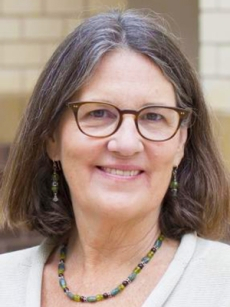
Mona Lynch
University of California, Irvine
Visiting Scholar
2014 to 2015
Lynch will write a book on how ongoing changes in federal drug sentencing laws play out at the court level. She will examine how entrenched norms, practices, and incentives within federal courts present formidable barriers to efforts aimed at reducing the racial imbalances in drug sentencing.
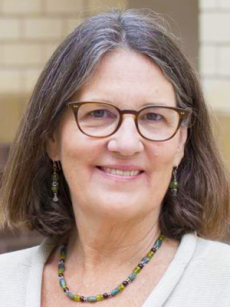
Mona Lynch
University of California, Irvine
Visiting Researcher
Mona Lynch will draw on video-recorded deliberations data from two large-scale mock jury studies that test how the race of defendants and individual jurors and jury group racial characteristics interact in predicting verdicts in a drug conspiracy case. Both studies resulted in an unexpected finding: mock jurors became significantly less supportive of a guilty verdict for a Black defendant charged in a federal drug conspiracy case, relative to a white defendant, after small group deliberations.
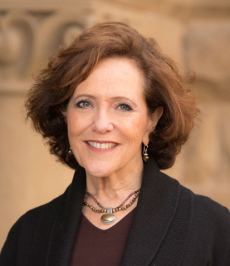
Hazel Rose Markus
Stanford University
Margaret Olivia Sage Scholar
Hazel Rose Markus is Davis-Brack Professor in the Behavioral Sciences and the the co-director of the Social Psychological Answers to Real-world Questions (SPARQ) center at Stanford University. She is a member of the National Academy of Sciences, a member of the American Academy of Arts and Sciences, and a former Guggenheim Fellow.
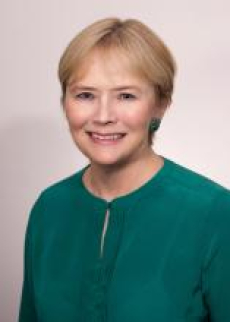
Barbara Mellers
University of California, Berkeley
Visiting Scholar
2005 to 2006
Barbara Mellers, Milton W. Terrill Chair and Professor of Business Administration at the University of California, Berkeley, will work on research projects related to the influence of emotion on decision making. She will work to develop a theoretical framework to understand why some people are more cooperative than others, and consider the consequences of her theories for behavioral economics and public policy. She will also study the ways in which expectations affect the experience of losses or gains, and the policy implications of human errors in jury decision making.
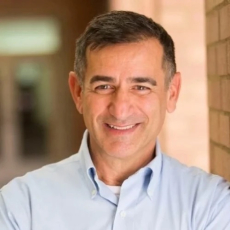
Ilan Meyer
Columbia University
Visiting Scholar
2006 to 2007
Ilan Meyer, Associate Professor of Sociomedical Sciences at Columbia University, will write a book on health in minority communities which will explore the role of stigma, prejudice, and discrimination in causing health disparities between groups. He will argue that such social stressors can lead to adverse mental and physical health outcomes for minorities, but that social support from other group members and the community at large can ameliorate some of these effects.

Edward Patrick Mulvey
University of Pittsburgh
Visiting Scholar
2012 to 2013
Mulvey will continue his work on the Pathways to Desistance study, which follows a large sample of juvenile offenders from adolescence to young adulthood. Using interviews with the offenders and their friends and family, this project compares the effects of sanctions and interventions in promoting positive changes among serious adolescent offenders.
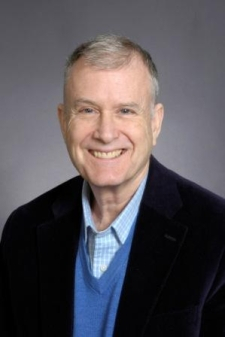
Richard E. Nisbett
University of Michigan
Visiting Scholar
2008 to 2009
William T. Dickens, Professor, Northeastern University, and Non-Resident Senior Fellow at the Brookings Institution, James R. Flynn, Emeritus Professor at the University of Otago, New Zealand, and Richard E. Nisbett, Theodore M. Newcomb Distinguished University Professor at the University of Michigan, will form a working group to develop a multi-level model of intelligence that explains the role of genes and physiology along with the role of environment in making individuals intellectually able..
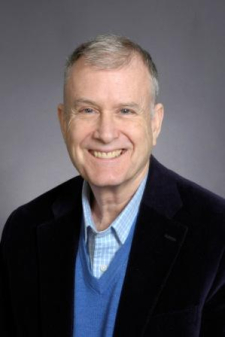
Richard E. Nisbett
University of Michigan
Visiting Scholar
2003 to 2004
Richard E. Nisbett, Theodore M. Newcomb Distinguished University Professor of Psychology, will spend the fall semester at Russell Sage working on projects that extend his research on the cognitive differences between the holistic styles of thought characteristic of East Asian cultures and the analytic styles prevalent in the West. Nisbett believes that social systems play an important role in cognition and that collectivist societies yield a more holistic way of thought while more individualistic societies encourage categorical thought.
